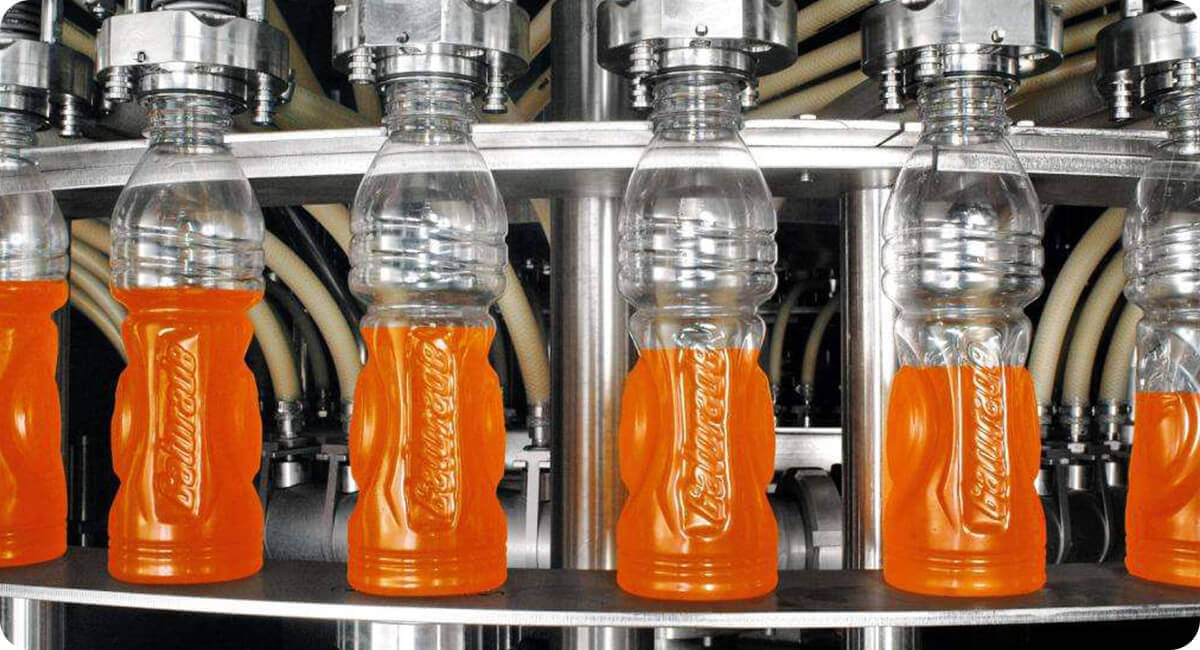Advanced Liquid Package Solution
Beverage filling machines play a crucial role in the production process, ensuring that liquids are packaged efficiently and accurately. Whether for carbonated drinks, juices, or dairy products, these machines help maintain product quality and safety while optimizing operational efficiency.
Regular maintenance is vital for the smooth operation of beverage filling machines. It not only extends the machine's lifespan but also enhances performance and reduces downtime. By implementing a structured maintenance routine, manufacturers can prevent costly repairs and ensure consistent production quality.

Cleaning Procedures
One of the most important daily tasks is cleaning the machine after each use. This prevents contamination and maintains the integrity of the beverages being produced. Use approved cleaning agents that are safe for food contact, and follow the beverage filling machine manufacturer’s recommendations for cleaning methods.
Visual Inspections
Conducting visual inspections daily can help identify any visible wear and tear on components of beverage filling machine. Look for signs of leaks, cracks, or loose connections, and ensure that all parts are functioning correctly before starting production.
Lubrication of Moving Parts
To minimize friction and wear, it’s essential to lubricate all moving parts weekly. Use the recommended lubricants specified in the beverage filling machine’s manual, and pay special attention to gears, bearings, and conveyor systems.
Calibration Checks
Regular calibration checks are necessary to ensure filling accuracy and consistency. Verify the fill levels and adjust the beverage filling machine as needed to maintain compliance with production standards.
Thorough System Cleaning
Each month, perform a detailed cleaning of the entire liquid filling system, including nozzles and valves. This helps prevent clogs and ensures the quality of the beverage remains high.
Inspection of Electrical Components
Monthly inspections of electrical components are crucial. Check wiring, connections, and electrical systems for any signs of wear or damage. Address any issues immediately to avoid electrical failures.
Review of Software and Settings
Regularly reviewing the machine's software and settings ensures that it is running optimally. Update the software as needed and check that all settings align with production requirements.
Deep Cleaning
Conduct a comprehensive cleaning of all machine components and the surrounding area at least once a season. This deep clean helps remove any build-up of residues that could affect machine performance.
Parts Replacement
Seasonal maintenance is an ideal time to identify and replace worn or damaged parts based on usage. This proactive approach can prevent unexpected breakdowns.
Performance Evaluation
Evaluate the machine’s performance periodically to identify areas for improvement. Analyze production data to ensure that the machine is operating at peak efficiency.
Identifying Frequent Problems
Common issues with beverage filling machines may include spillage, incorrect fill levels, or machine jams. Understanding these problems can help in early detection and resolution.
Troubleshooting Steps
Develop a troubleshooting guide that outlines step-by-step solutions for these common problems. For instance, if spillage occurs, check the nozzle alignment or examine the filling speed.
Operator Training
Ensure that all operators receive proper training on how to operate and maintain the machine. Training should cover routine maintenance tasks, troubleshooting, and safety protocols.
Maintenance Logs
Keeping detailed maintenance logs is essential for tracking tasks performed and machine performance over time. This documentation can help identify recurring issues and improve maintenance strategies.
Regular maintenance of beverage filling machines is essential for ensuring high-quality production and minimizing downtime. By following a structured maintenance routine, beverage manufacturers can enhance efficiency and extend the lifespan of their equipment.
Fostering a culture of proactive maintenance not only optimizes machine performance but also contributes to the overall success of the beverage production process. Investing time and resources into maintenance pays off with improved operational efficiency and product quality.

By continuing to use the site you agree to our privacy policy Terms and Conditions.